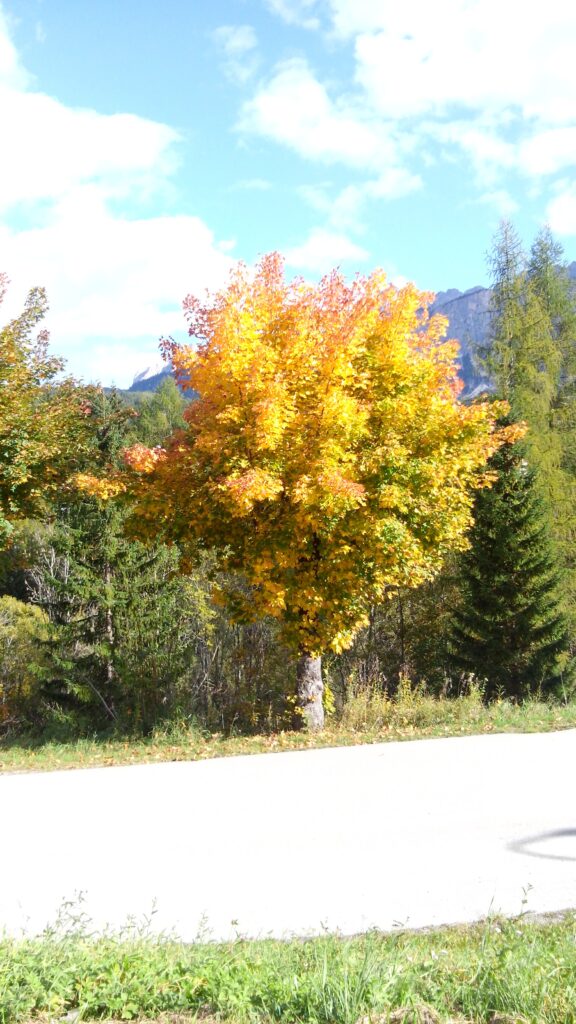I have been asking myself what poetry is for years, and perhaps I have found an answer.

All humans have always wondered what poetry is
However far back the memory of human beings goes, poetry is encountered. Our grandparents, Renaissance, medieval, Roman and Greek men made poetry, ancient civilizations made poetry, and perhaps already hominids capable of speech. As far as you space the globe every civilization makes poetry. From the moment human beings began to speak they also began to make poetry.
And the moment he found himself doing it he also tried to understand in a rational sense what he was doing. And this is more complex. Of course, one can always give a more or less rational definition of what poetry is. But what we call poetry is an activity that stretches across dimensions of the human that reason struggles to understand. That is why each era actually has a different view and therefore a different definition of poetry.
For ancient men poetry was sound that contained memory of eras that never existed, like those songs from which Homer drew for the Iliad and the Odyssey, with strict metrics and accompanying melodies to cling to in order to remember.
For many centuries, in the Gutenberg era, poetry consisted mainly of words imprisoned in the sheets of paper of books that circulated through the eyes, new forms, new conception of poetry, with music taking other paths and metrics slowly losing their meaning.
And today?
Today the question of what poetry is does not stop pulsating, but it does so in a profoundly changed world. Books, where poetry had been confined for centuries, are now niche tools, all the mental and sensory constructs of the Gutenberg era have decayed or are in the process of decaying. So we are in a phase of profound redefinition of poetry. This means that we cannot continue to define what poetry is by thinking about our grandparents, ancient metrics or words simply written on paper, we need deep reflection that connects the awareness of this ancient art with this technological and perpetually moving present. The answer then is not hidden among the rationality of words. Perhaps one should rather ask why we care about poetry.